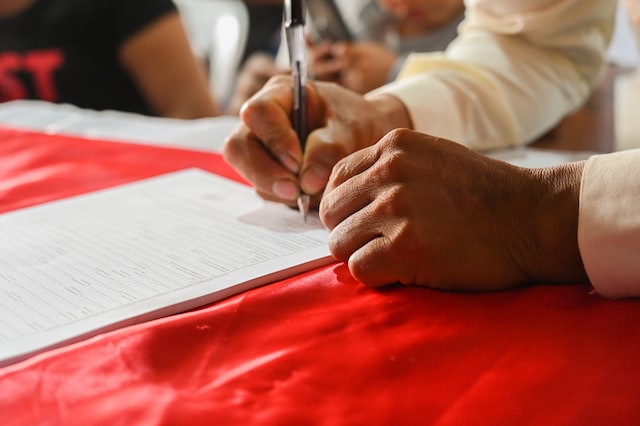A petition is filed with a court by an individual or group asking for something, such as relief from injustice, while a complaint is filed with a government agency or department by an individual or group alleging that someone has violated their rights.
What is a petition?
When you petition something, you are requesting it from an authority figure. This could be a government official or someone in a position of power. You are asking for their help in changing something or achieving a goal. For example, if you want your town to build a new park, you might start a petition and collect signatures from members of the community.
What is a complaint?
A complaint, on the other hand, is when you express dissatisfaction with something. This could be with a product, service, or situation. You might file a complaint with a company if you’re not happy with their customer service, or with the government, if you think they’re not doing enough to fix a problem in your community. Unlike petitions, complaints don’t usually involve requesting anything from the person or organization you’re complaining to – it’s more about expressing your frustration and hoping that they take action to improve the situation.
Why is a petition better than a complaint?
A petition is a formal request to an authority or organization, while a complaint is a statement that something is wrong. A petition is more likely to result in action than a complaint.
What is a petition in court?
A petition in court is a formal request made to a judge on behalf of someone else. The person making the request is called the petitioner, and the person they are asking for help is called the respondent.
Petitions can be used for a wide variety of reasons, but most commonly they are used to ask the court for permission to do something that would otherwise not be allowed. For example, a petitioner might ask the court for permission to file a lawsuit outside of the normal time limit, or to have a case heard in a different court than it would normally be heard in.
The procedures for filing a petition vary from court to court but generally involve filing some paperwork with the court and then waiting for a hearing date. At the hearing, the petitioner will present their case to the judge and the respondent will have an opportunity to respond. The judge will then either grant or deny the petition.
Can a petition get someone fired?
No, a petition cannot get someone fired. A complaint, however, can be filed with an employer which could lead to an investigation and, potentially, termination if the complaint is found to be valid.
Can you get in trouble for signing a petition?
The answer to this question depends on the country in which you live. In some countries, like the United States, signing a petition is a protected form of free speech. This means that you cannot be arrested or punished simply for signing a petition. However, if the petition calls for illegal activity, you could be charged with a crime if you go through with the illegal act. For example, if a petition calls for people to vandalize property, those who sign it can be charged with vandalism if they participate in the act.
Is a petition/complaint a legal document?
A petition is a formal, legal document that is filed with a court. A complaint, on the other hand, is a less formal document that is typically used to initiate an investigation or bring charges against someone.
Photo by Sollange Brenis on Unsplash








